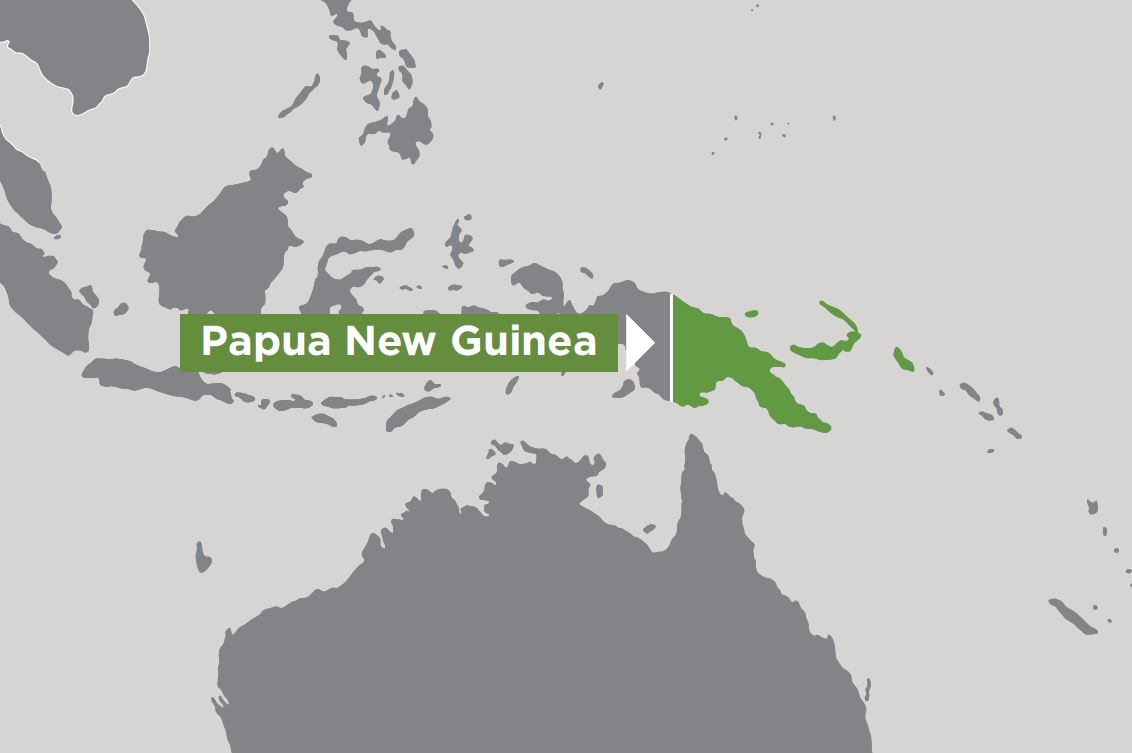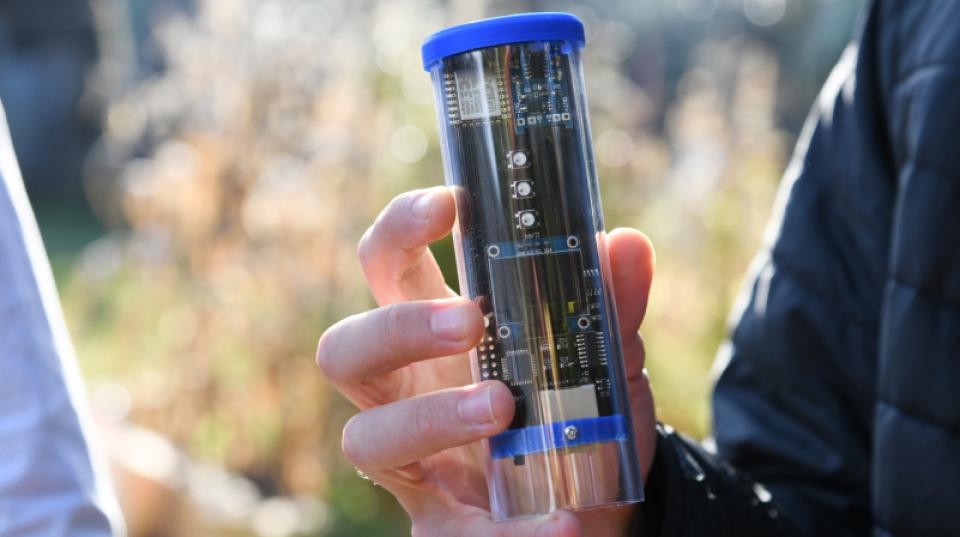Overview
This Small Research Activity scoped areas for research collaboration to make Papua New Guinean highland farming livelihoods more resilient to climate variability and change.
ACIAR activities in the Pacific region aim to enhance agricultural production. While these activities are important to ensure long-term agricultural sustainability, it is uncertain how effective these strategies will be in the face of a changing and increasingly variable climate.
Pacific Island agricultural communities are particularly at risk from climate variability and climate change. The 2015/16 El Niño Southern Oscillation, for instance, exposed a third of PNG's population to food stress. The Papua New Guinean National Agricultural Research Institute requested a new research collaboration to improve agricultural resilience to climate variability and change in the regions worst affected by the 2015/16 events.
Project outcomes
- Building capability of PNG research agencies and rural communities to link to regional climate forecasting capability through examination and characterisation of formal and informal knowledge networks.
- Identified new operational seasonal climate forecast knowledge products from around the world, that would have relevance to PNG in helping communities and agencies, and examine how these could be hosted by the PNG weather service to provide information relevant to agriculture.
- Established weather stations, for three case-study sites, to monitor temperature, rainfall and solar radiation and work with PNG Weather Services, NARI and community leaders to effectively manage and disseminate the climate information in formats usable by the community.
- Understanding how agricultural vulnerability has changed by examining and mapping changes in historical rainfall and temperature.
- Developed climate smart response options for farming communities in the face of below “normal” (e.g. El Niño) and above “normal” (e.g. La Niña) seasonal rainfall conditions, based on expert knowledge, previous research activities and traditional ecological knowledge.
- Determined information/technology/asset gaps in the dominant farming systems of the case study districts and presented a gap analysis to ACIAR and NARI.
- A drafted set of recommendations on research for development questions/topics relevant for climate smart agriculture in PNG.





